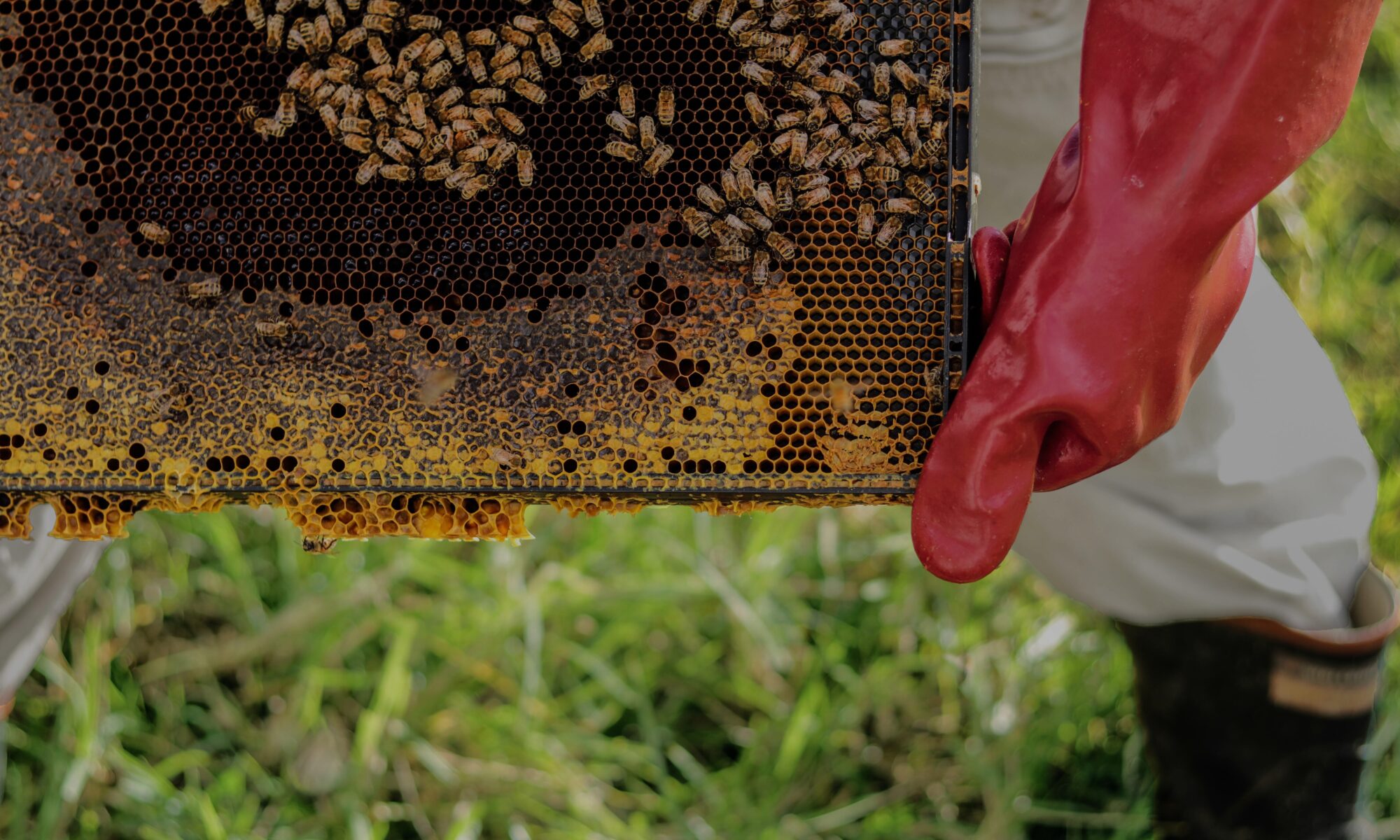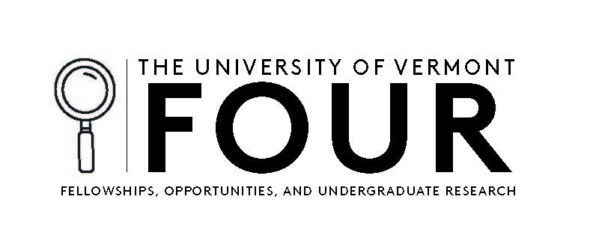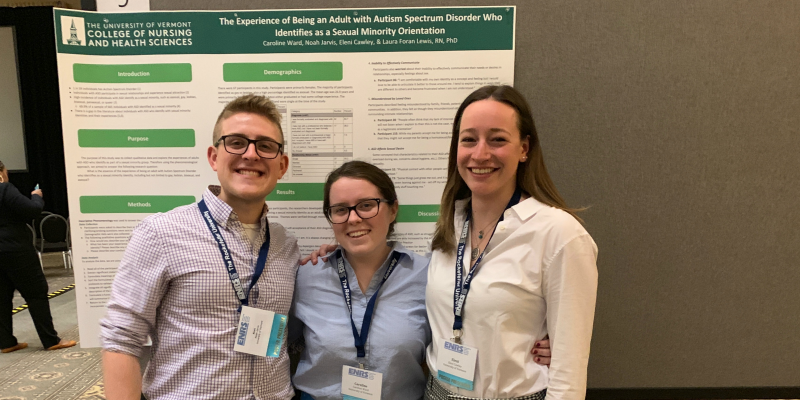By Emily Press
Congratulations to UVM Alumni and now Fulbright recipients Leah Campbell, Justin Abbott and Lauren Fedowa!
Leah Campbell ’16: Teaching
Assistantship, Taiwan
Your classroom
looks very different from that of the generation before yours, and barely
resembles the classrooms from the preceding generation. These days, elementary
school students navigate the internet better than most septuagenarians; middle
school teachers have networks of syllabi on chrome-books and the cloud; and social
media connects students from all corners
of the globe in real time.
Leah Campbell
understands the climate of education is evolving, and she is thrilled to pair
her passions for global studies and education as a Fulbright Teaching Assistant
in Taiwan. Leah believes the best educators are those who widen their own world
views and let their personal experiences flow into the classroom: “as an
educator you need new experiences in your early years. If you stay in a bubble
you will not grow or be pushed by new ideas and philosophies. Teaching in
another country gives you perspective on how different educational systems
work. I’m interested in seeing new ways to teach.” In addition to learning
about Taiwan educational systems, Leah plans to implement her own physical
education and health program at her host school, with an emphasis on Yoga and
outdoor activities. Leah hopes these health initiatives – common elements in
Vermont schools – will complement traditional Taiwanese education; and she
hopes the pedagogical methods she learns in Taiwan will translate back to Vermont
education reciprocally.
As a student, Leah
started in Global Studies, then switched into the more practically-focused Early
Childhood Special Education program. She had always liked the idea of being an
educator – inspired in part by her mother’ work, and her own strong desire to
make a difference in people’s lives. Outside of coursework, Leah completed two
practicums at the UVM Children’s Center and spent her senior spring semester
teaching in a South Burlington public high school. She applied for a Fulbright
in Thailand as a senior, and was not accepted, but she saw it as a blessing in
disguise. For the next two years Leah taught in Swanson, Vermont. Teaching
there gave her the confidence to reapply for a Fulbright in Taiwan, to which
she was accepted. Pathways to success are rarely linear. Leah’s story is a
great example of how, with an open mind, a hitch along the way can turn out to
be a push in the right direction.
Justin Abbott ’18: Teaching
Assistantship in South Korea
“Korean barbeque,
concerts, cultural energy and Soju” were just a few things Justin looked
forward to experiencing as a Teaching Assistant in South Korea, when applying
for a Fulbright. It was popular culture, namely K-pop, that pulled Justin in to
learning Korean as a UVM sophomore and sent him on his way to a Fulbright
senior year. Aside from the element of cultural immersion, Justin is giving
back: he gets “to be in charge of group of kids and has the opportunity to
impact students’ lives during critical periods for language acquisition.”
Justin was
passionate about mentoring younger undergraduates through extra-curricular
activities at UVM; and as a senior, he took on a more academic mentorship role as
a TA in Biochemistry. He was a member of the Boys and Girls ELL club, the East
Coast Asian Student Union and a Pharmacy Technician, majoring in Neuroscience
and Pharmacology. After his Fulbright, Justin plans to become a neurologist,
and perhaps revisit Korea. The cultural competencies and practical
understanding of how brains acquire languages he’s gaining in South Korea will
serve Justin well as a physician. On a more personal note, Justin is reconnecting
with his roots: he was adopted and raised in America, but Justin was born in
South Korea. Justin has been interested in Korean culture his whole life (he’s
taken Tae Kwon Doe lessons since the age of seven) and hopes to track down his
birth parents while he’s abroad.
Lauren Fedewa MA ’18: Research
Award, Hanover, Germany
Little known fact:
The University of Vermont is home to one of the world’s most robust Holocaust
Studies programs. It’s what brought Lauren Fedewa to UVM as a graduate student.
Lauren graduated from the University of Maryland in 2015 as a double major in
German and History. After hearing about the UVM Miller Center for Holocaust Studies
(at the Holocaust Museum in D.C.) she emailed her proposal for graduate studies
to four of the center’s renowned faculty (history professors Dr. Jonathan
Huener, Dr. Alan Steinweis, Dr. Steven Zdatny and Dr. Francis Nicosia). “Don’t
be afraid to send a resume and a research proposal” Lauren advises hopeful
researchers. She was accepted as a grad student under Huener, and had a great
experience: they met “throughout the entire process – the proposal, the
bibliography, and several rounds of editing.” Lauren earned her MA at UVM and
wrote her thesis on Foreign Child-Care Facilities in Nazi Germany.
Working in labs and as a TA at UVM
helped her map out post-graduate goals. She wants “to become a public historian
and work at a museum, in programming and outreach.” Lauren applied to the DAAD
Program and the Fulbright Scholarship as an undergraduate but was not accepted.
Reflecting back, she realized her initial “project scope was too large” and
needed a narrower focus. Lauren was much more confident in the specificity and
global perspective of her Fulbright proposal the second time around. She
recommends future applicants “consider what it means to be an ambassador and
the cultural connection aspect of the scholarship. You’re not there for your
personal goals, you’re there to interact with the local community.”
As a Fulbright scholar, Lauren is
studying the development and management of German foreign child-care facilities
during World War II, with the Historisches Seminar at the Leibniz University in
Hanover, Germany. The access she has to rare archives is one of the biggest
motivations behind her application, alongside the opportunity to teach and
tutor undergrads, volunteer at German museums, and be immersed “in a German
University and community.”
Program Information:
The Fulbright U.S.
Student Program was founded in 1947, on the principles of international
cooperation, and has since facilitated over 360,000 opportunities for work and
study abroad. Funding comes from U.S. Congress and the U.S. Department of
State’s Bureau of Educational and Cultural Affairs (ECA) and is the largest
U.S. exchange program providing grants for recent graduates, master and
doctoral candidates and young professionals in over 140 countries worldwide.
The
Fulbright Program offers three types of scholarships: Open Study/Research Awards,
English Teaching Assistant Awards, and Fully-funded Graduate Degrees.
For help building a resume, see the
Career Center in the Hub (100 Davis). Open office hours run from 10 am to 4 pm
on Tuesdays. We ask that applicants have their resumes reviewed at the Hub
prior to booking an appointment for fellowship advising with FOUR.
For help with application materials
for Fulbright Scholarships or DAAD Rise visit FOUR at the Hive (University
Heights North on Athletic Campus, Suite 017). Open office hours at the Hive are
Thursdays from 1 pm to 4 pm.



